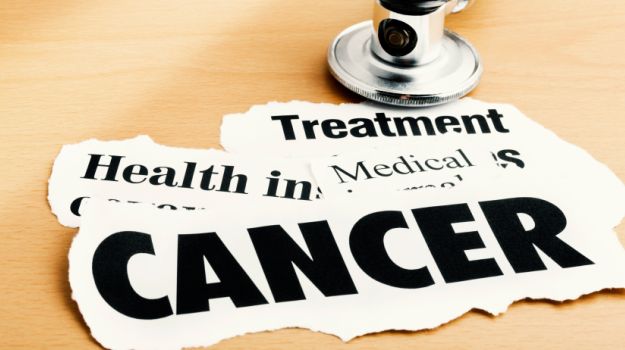Have You Been Including These Cancer Causing Foods in Your Diet?
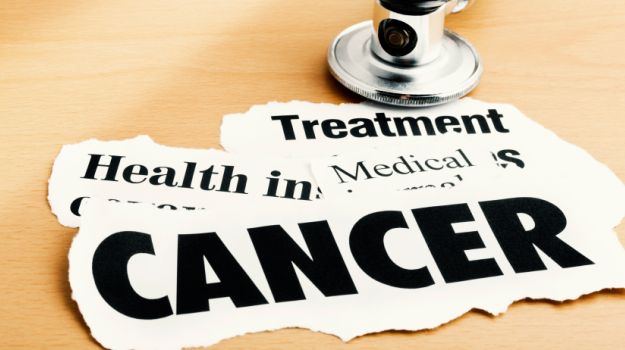
Cancer kills a whopping 8.8 million across the world annually. The instances and number of deaths are only expected to rise in the coming decades. A host of factors come into play when we talk about the contributing factors, some of which include a sedentary lifestyle and obesity. What you put into your system also matters a lot. Our daily food choices have long term effects on our health. According to the American Cancer Society, “Substances and exposures that may lead to cancer are termed as Carcinogens”. They range from chemical substances and ultraviolet radiation to infectious agents and tobacco. While carcinogens have the potential to cause cancer, they do not always result in cancer. Development of cancer is an interplay of many factors and contribution of a particular carcinogen depends on its level, as well as the length of exposure.
Contrary to a naive belief that everything edible is ‘natural’ and ‘safe’, some of our daily foods may be cancer-causing. These carcinogens often occur naturally in foods, not necessarily after processing or packaging.
We spoke to Ms. Ritika Samaddar, Regional Head – Dietetics, Max Hospitals to know about most common food sources of cancer-causing agents. According to her, “Non-vegetarian foods, especially cooked in a large amount of oil, at high temperature or with such methods as charcoaling, smoking or barbequing may release carcinogenic nitrogen compounds.”

We bring you some foods and food components that have been labelled as ‘known human carcinogens’ by the International Agency for Research on Cancer (IARC) (part of WHO) and the National Toxicology Programme (a collaboration of the US NIH, CDC, FDA) after evaluation of years of scientific research and studies.
Here are 8 foods you should not be consuming:
1. Aflatoxins – Fungi of the Aspergillus genus, especially A. flavus produce these poisonous chemicals. Most commonly, aflatoxins may be detected in corn, peanut and cottonseed. They can affect cerebral function, leading to death and may contribute to the development of cancers of the liver. Not only is direct consumption a major risk, animals feeding on aflatoxin contaminated foods can produce animal food products (such as milk) that contain aflatoxins, while the toxins can also be transmitted to breastfeeding infants by mothers consuming contaminated foodstuffs.
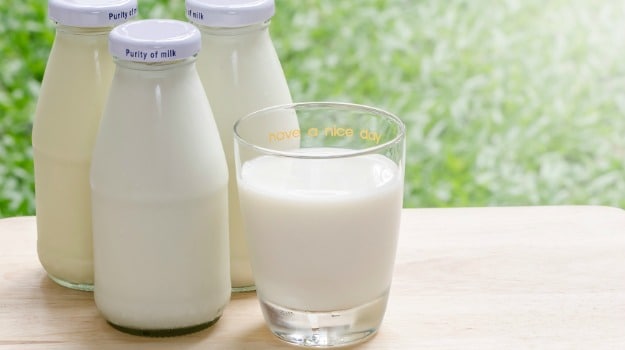
2. Acetaldehyde – Alcohol consumed is metabolized by liver enzymes and converted into a number of products, including acetaldehyde. This compound has been evaluated as having a major role in the development of cancers of the upper digestive tract.
3. Areca Nut (Supari) and ‘Paan’ (Betel Quid) – Well, here’s a shocker, it’s not just the paans with tobacco or ‘gutka’ in them that may contribute to oral cancers, the ones without tobacco, but containing the infamous ‘supari’ (Areca nut) have also been labelled as carcinogenic by a number of International agencies. Even chewing supari or the betel leaf alone, may expose you to risk of developing oropharyngeal cancers.
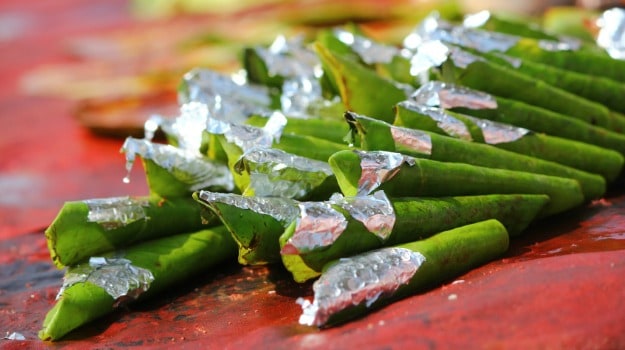
4. Liver flukes – The larvae of these worms (Clonorchis sinensis, the Chinese liver fluke, and Opisthorcis viverrini, the Southeast Asian liver fluke) are found in freshwater fish and infect humans when they consume undercooked or raw fish. These parasites mostly occur in the Asian regions, especially China, Japan, Korea, Thailand, Taiwan, Vietnam, and the Asian part of Russia. Eating lightly salted, smoked, pickled, marinated, dried or poorly processed fish may also lead to infection with these organisms. Consumption of meat from carnivorous animals that consume raw fish may also transmit the infection to humans indirectly. Infection with these worms may lead to the development of bile duct cancers in humans.
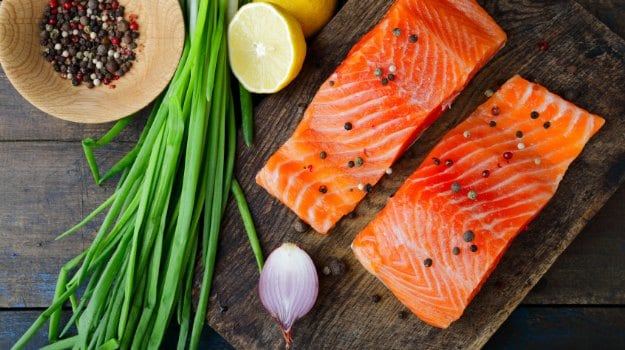
5. Processed meat – Hot dogs, ham, bacon, sausage are among some meats produced by various processes such as salting, curing, fermentation, smoking. A greater incidence of bowel cancer has been observed in those having a regular consumption of processed meat. While most Indians do not consume a large amount of meat or do so regularly, it’s best to cut down on the pepperoni and salami, and replace these with healthier lean meats such as chicken, turkey and fish.
6. Red Meat – Though an excellent source of Iron, B vitamins and protein, the haemoglobin in red meats in metabolized to ‘possibly carcinogenic’ N-nitroso compounds in our gut. What you can do? Keep the intake occasional and switch to whites for your daily protein needs.

Carcinogens from cooking methods, utensils and other materials
7. Mineral Oils – These are colourless, odourless mixtures obtained from a mineral source, commonly distilled petroleum fractions. While they are not generally present in foodstuff (unless by contamination), mineral oils find indirect use in the food industry. They may be used to preserve wooden cutting boards, salad bowls and utensils. Confectioners may also use it to give a glossy finish to the products and prevent candies from sticking to each other. Industrial baking equipment may also use mineral oil as a lubricant. Paraffin oil based feeds (cheaper alternative to use vegetable or animal fats in feeds) may lead to mineral oil contamination in food products (e.g. eggs). Due to its poor absorption in the human body, mineral oil has also been (undesirably) used as a slimming agent. It’s best to avoid this product.
8. Emissions from high temperature frying – Very small (sub-micron) sized particulate matter emissions occur during cooking and frying with oil beyond its boiling point. These may contain, among other substances, carcinogenic chemicals such as PAHs (Polycyclic aromatic hydrocarbons) and heterocyclic amines. Heating oil increases its fatty acid content, thereby lowering the smoke point and increasing the amount of emissions on use. It is thus extremely important to avoid reusing oil, especially for frying. Look up the smoke point of an oil before using it for frying – Avocado Oil, Ghee, Safflower, Mustard, and Rice Bran oils have high smoke points. Refining increases the smoke point of oils, so unrefined or cold pressed oils should not be used for frying, but consumed raw or lightly heated, instead.

[“source-ndtv”]

